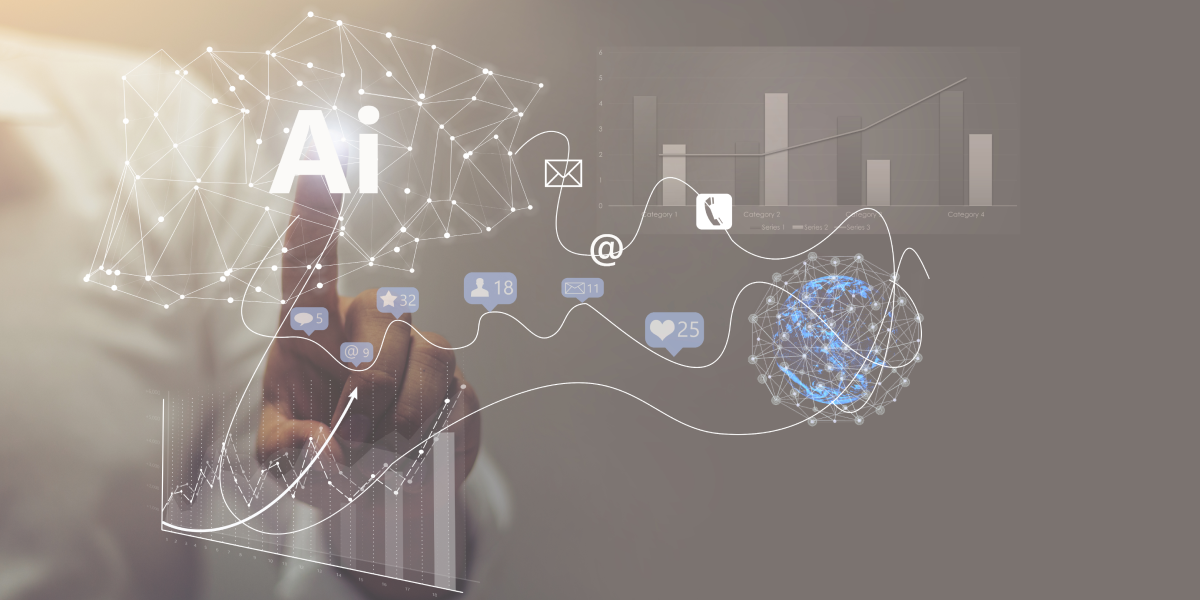The AI-Powered Workplace: How Artificial Intelligence is Transforming Business Operations in 2025

Artificial Intelligence (AI) has evolved from a futuristic concept to an integral component of modern business operations. In 2025, AI is not just a tool but a strategic partner, reshaping how organizations function, make decisions, and interact with customers. This article delves into the multifaceted impact of AI on business operations, exploring its applications, benefits, challenges, and the future trajectory of AI integration in the workplace.
1. The Evolution of AI in Business
Over the past decade, AI has transitioned from experimental projects to mainstream business applications. Companies across various sectors have adopted AI to enhance efficiency, reduce costs, and gain competitive advantages. The integration of AI into business processes has been accelerated by advancements in machine learning, natural language processing, and data analytics.
2. Applications of AI in Business Operations
2.1. Customer Service and Support
AI-powered chatbots and virtual assistants have revolutionized customer service by providing 24/7 support, handling routine inquiries, and freeing human agents to tackle complex issues. These tools utilize natural language processing to understand and respond to customer queries effectively.
2.2. Human Resources and Recruitment
AI streamlines the recruitment process by automating resume screening, analyzing candidate data, and even conducting initial interview assessments. This not only speeds up hiring but also reduces unconscious bias, leading to more diverse and qualified hires.
2.3. Marketing and Sales
In marketing, AI analyzes consumer behavior to personalize campaigns, predict trends, and optimize pricing strategies. Sales teams leverage AI for lead scoring, customer segmentation, and sales forecasting, enhancing their ability to close deals effectively.
2.4. Supply Chain and Logistics
AI enhances supply chain management by predicting demand, optimizing inventory levels, and improving delivery routes. Real-time data analysis allows businesses to respond swiftly to disruptions and maintain operational continuity.
2.5. Finance and Accounting
AI automates routine accounting tasks such as invoice processing, expense reporting, and fraud detection. Predictive analytics assist in financial planning and risk management, enabling more informed decision-making.
3. Benefits of AI Integration
3.1. Increased Efficiency and Productivity
By automating repetitive tasks, AI allows employees to focus on strategic initiatives, thereby increasing overall productivity and operational efficiency.
3.2. Enhanced Decision-Making
AI provides data-driven insights that support more accurate and timely decisions. Predictive analytics help businesses anticipate market trends and customer needs.
3.3. Cost Reduction
Automation reduces labor costs and minimizes errors, leading to significant savings. AI also optimizes resource allocation, further cutting operational expenses.
3.4. Improved Customer Experience
Personalized interactions and prompt responses facilitated by AI enhance customer satisfaction and loyalty.
4. Challenges of AI Implementation
4.1. Data Privacy and Security
Handling vast amounts of data raises concerns about privacy and security. Businesses must ensure compliance with regulations and protect sensitive information from breaches.
4.2. Integration with Existing Systems
Incorporating AI into legacy systems can be complex and costly. Seamless integration requires careful planning and investment.
4.3. Workforce Displacement
Automation may lead to job displacement, necessitating reskilling and upskilling programs to prepare employees for new roles.
4.4. Ethical Considerations
AI decisions can sometimes lack transparency, leading to ethical dilemmas. Establishing guidelines and oversight is crucial to ensure responsible AI use.
5. Case Studies: AI in Action
5.1. Retail Industry
Retailers use AI to personalize shopping experiences, manage inventory, and optimize supply chains. For instance, AI-driven recommendation engines increase sales by suggesting products based on customer preferences.
5.2. Healthcare Sector
AI assists in diagnosing diseases, predicting patient outcomes, and managing administrative tasks. Hospitals employ AI to analyze medical images and streamline patient care.
5.3. Manufacturing
Manufacturers implement AI for predictive maintenance, quality control, and process optimization. AI monitors equipment performance to prevent downtime and improve efficiency.
6. The Future of AI in Business
As AI technology continues to advance, its role in business operations will expand. Emerging trends include:
- Hyperautomation: Combining AI with robotic process automation to automate complex business processes.
- AI-as-a-Service: Cloud-based AI solutions making advanced capabilities accessible to businesses of all sizes.
- Explainable AI: Developing AI systems that provide transparent and understandable decision-making processes.
- AI in Cybersecurity: Enhancing threat detection and response through AI-driven security measures.
Conclusion
Artificial Intelligence is transforming the business landscape, offering unprecedented opportunities for innovation and efficiency. While challenges exist, the strategic integration of AI into business operations can lead to significant competitive advantages. As we move forward, embracing AI responsibly and ethically will be key to unlocking its full potential.




